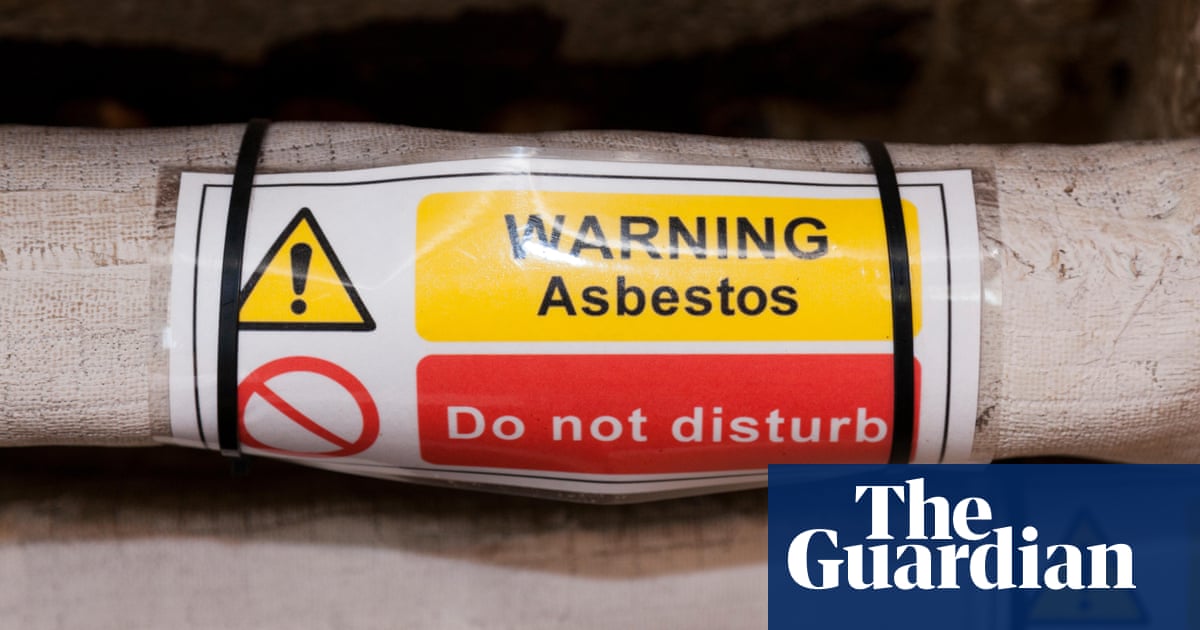
At least 50 cross-party MPs are calling on the government to back a UK medical research fund they say will reverse the devastating impact of Covid-19 on research into the UK’s biggest killers, including dementia, coronary heart disease and cancer.
The Life Sciences-Charity Partnership Fund, developed by the Association of Medical Research Charities (AMRC), has the support of politicians including Labour’s Hilary Benn, Ed Davey from the Liberal Democrats and the Conservatives’ Sir Roger Gale. They are asking the government for £310m, which would be matched by funding from charities for at least three years.
The pandemic has hit funding for many charities including the British Heart Foundation, which backs about £100m of new research each year – more than half of all non-commercial UK research into heart and circulatory diseases. It announced on Monday that the pandemic has cost it around £10m a month, halving its net income. Last week, Cancer Research UK announced that it was cutting one-quarter of its workforce.
“The UK’s world-leading research and development sector is one of our biggest strengths as a nation, stimulating new ideas and discoveries and playing a central role in advancing our economy, social wellbeing and health,” said Aisling Burnand, chief executive officer from the AMRC. “Medical research charities play an integral role within that research ecosystem.”
More than 100 charities including the British Heart Foundation, Cancer Research UK, Diabetes UK, Alzheimer’s Research UK and Great Ormond Street Hospital Children’s Charity, are supporting the the fund, which would bridge the sector’s projected gap in research funding for 2020 to 2021.
The AMRC said government investment in charity-funded medical research enables charities to make bold funding decisions that aim to make a real difference to people’s lives. This included Breast Cancer Now’s goal that by 2050 everyone who develops breast cancer will live, and the British Heart Foundation’s £30m Big Beat Challenge.
“Promoting investment in early-stage, preliminary research benefits both private and public funders,” said Burnand. Cancer Research UK is the second biggest licensor in the world, fuelling the pipelines of drug companies such as AstraZeneca, Novartis, Roche and multiple mid-sized biotechs.
In an open letter to Rishi Sunak, the MPs said medical research sector did not benefit from the £750m charity support package the government announced in April.
They informed the chancellor charities were planning for an average 41% decrease in their research spend in this financial year, resulting in a projected reduction in UK medical research investment of £310m.
“Charities have invested £14bn in research in the UK since 2008. In 2019 AMRC charities funded half of publicly funded medical research across the UK by collectively investing £1.9bn in UK research and development: as much as the Medical Research Council (MRC) and the National Institute for Health Research (NIHR) added together,” said Burnand.
Despite the expected gradual return of retail and fundraising activity for many charities, a return to pre-pandemic levels of income are not expected for some years. This means “there will be less funding for vital research that saves lives and brings hope to countless people, and potential damage to the world-class infrastructure and capacity we have built up over decades”, said Burnand.
A Treasury spokesperson said: “Medical research charities are an integral part of our world-leading life sciences sector.
“The Department of Health and Social Care is working with the sector to understand how it has been impacted, and what can be done to ensure patients continue benefiting from charity-funded research.”












